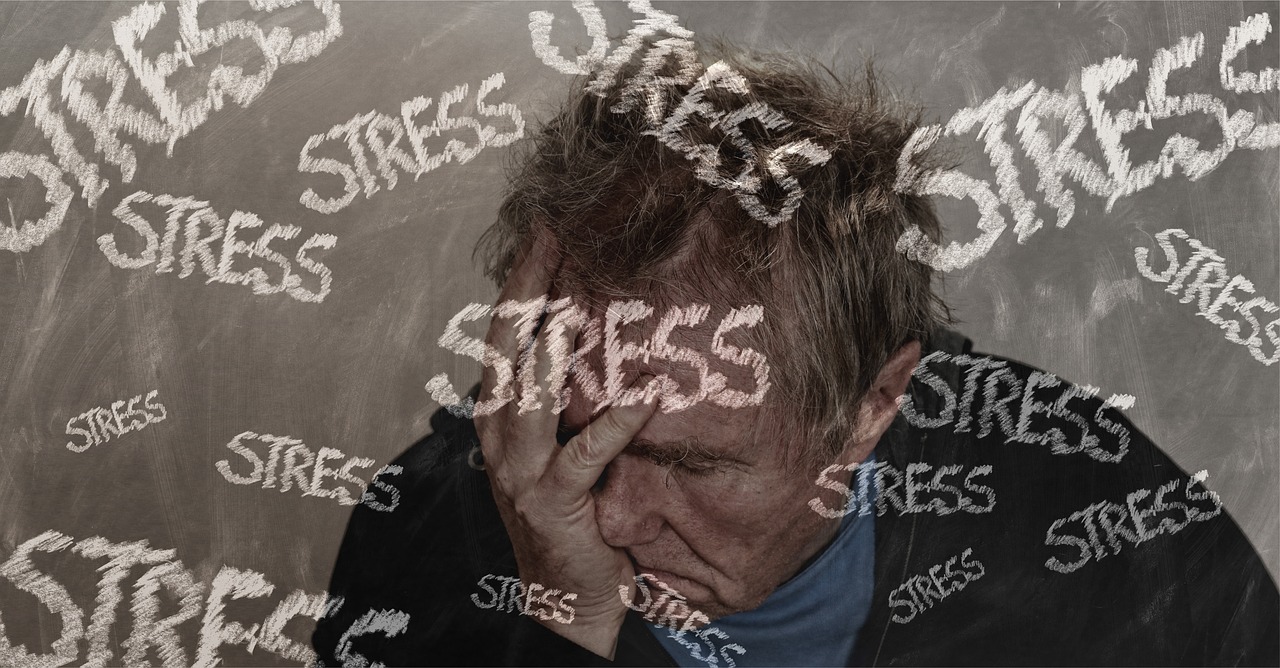
PHOTO SOURCE: Pixabay.com
In order to take control of your stress, you need to learn emotional expression. This is the practice of finding healthy ways to work through negative feelings and overcome difficult situations. If you’re finding it difficult to cope with stress and anxiety due to work, social expectations, or family needs, it’s important to avoid writing off these negative emotions. When you work through these feelings instead of hiding them, you can begin to build self-confidence, tackle overwhelming situations, and learn healthy coping mechanisms to gradually reduce the amount of stress in your life.
Why You Should Express Your Stress
Emotional expression starts by accepting negative feelings. These emotions are just as important to acknowledge as their positive counterparts; accepting them helps you to better understand yourself and find a healthy solution to the problem sooner. When embracing toxic positivity, which is the “good vibes only” mentality, you may reject negativity and neglect your body’s way of telling you that something is wrong. Instead of pushing aside the emotions, you can learn how to adjust to the environment they create and improve your reactions so the result is positive, even if your initial feelings aren’t. Bottling up sadness, anger, or distress can lead to an increase in stress and anxiety because you’re avoiding the problem as opposed to working through it.
1. Venting
How does it make you feel when you finally tell a close friend or family member about something that has been bothering you? Expressing your frustrations can help release tension and reduce stress by allowing yourself to admit there is a problematic situation at hand. It’s important to remember that by talking about your stress and anxiety, you’re accepting the fact that you’re not feeling well and starting to work towards targeting the root of an issue. While the ultimate goal of venting should be to find a solution, it’s important to remember that it’s okay to feel overwhelmed. As social beings, humans need to feel like they’re connecting with others – this includes being able to comfortably discuss negativity in a safe and understanding environment.
A quality support system of friends and family can help you to regularly express yourself, whether it’s about seemingly small incidents or major life decisions. By allowing yourself to be vulnerable and honest about a situation, you can start to look for patterns and problems that cause you to feel stressed. However, venting isn’t necessarily focusing on the problem – instead, it’s about how the situation makes you feel. Think about how this emotion affects your body, senses, and ability to work or socialize. This is a healthy way to view your reaction to an issue rather than fixating on the circumstances themselves. By consulting a mental health care professional from resources like BetterHelp, you can learn new ways to positively express your stress.

PHOTO SOURCE: Pixabay.com
2. Creativity
For some people, talking about their problems isn’t always going to help reduce the anxiety they’re feeling. Because emotional expression is about self-discovery and introspective learning, you can find a number of ways to convey your thoughts and attitude. Creative devices like art, writing, and music can help you connect with the emotion and work through your reactions. For example, if you enjoy sketching, try to fill a page with an image that replicates the emotion. This could be an abstract design with dark colors, a landscape affected by a natural disaster, or even a character you associate with that feeling.
Research has shown that creativity can help people cope with various types of trauma. If you’re having difficulty putting your thoughts into words, a creative outlet can be another route in expressing yourself. Putting together a playlist or writing down sporadic thoughts are healthy and positive ways to embody difficult situations. Even if you don’t consider yourself to be very “creative,” the practice isn’t meant to be a showcase of your skills. Instead, it’s another venting effort. Even picking up a pen and scribbling across multiple Post-It Notes can help you cope with stress and anxiety.
3. Exercise
Finally, physical activity is a great way to work out feelings of stress and depression. While rest and relaxation can be helpful in recharging your mind from social events and expectations, studies have shown that exercise is key to improving mental health. If you don’t already have an established exercise routine, getting started may seem stressful already. However, by starting off with small adjustments like stretching and short sets, you can slowly start to work your way up. For example, start by walking around your neighborhood after work and then, as your body becomes accustomed to the regular cardio, begin jogging and then running.
Your physical health is linked to your mental health. Physical activity releases endorphins which contribute to positive thinking, happiness, and motivation. While it can feel laborious at the moment, over time you’ll begin to regain your energy and exhilaration after a workout. Doing stretches or yoga after waking up, going to the gym after work, taking a run before dinner are all great ways to reduce stress throughout the day and develop a routine that helps you release stress and anxiety. When you begin to change your routine to focus on reducing stress, you can improve your mental health, inner voice, and self-esteem. It’s important to remember that if something isn’t working out, don’t increase your stress trying to make it work – everyone has different needs, and finding the right solution for yourself will help you find healthy ways to cope with stress and express your emotions.

About the author:
Marie Miguel has been a writing and research expert for nearly a decade, covering a variety of health- related topics. Currently, she is contributing to the expansion and growth of a free online mental health resource with BetterHelp.com. With an interest and dedication to addressing stigmas associated with mental health, she continues to specifically target subjects related to anxiety and depression.